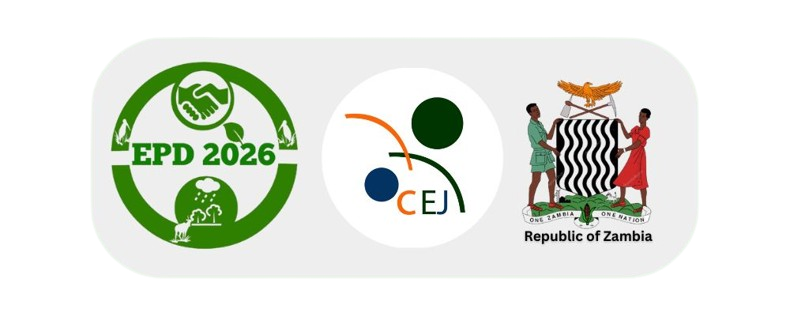Topic -The Future of Tailings Management: Can Technology Save the Day?
Background
The mining industry is under pressure to improve its tailings management practices, and technology is seen as a key part of the solution. This panel discussion will bring together experts in mining engineering, technology, and sustainability to explore the role of technology in improving tailings management, including innovation, construction, and monitoring.
The discussion will examine the latest technologies and innovations in tailings management, such as dry stacking, paste thickening, and satellite monitoring. Panelists will discuss the benefits and challenges of adopting new technologies, and explore the potential for technology to reduce the risks associated with tailings dams. The discussion will also consider the barriers to adoption, including cost, scalability, and regulatory frameworks.
Key topics to be discussed include the role of digital technologies, such as artificial intelligence and Internet of Things (IoT), in improving tailings management, the potential for technology to enhance community engagement and transparency, and the need for collaboration and investment in research and development.
Key Questions:
- What are the most promising technologies for improving tailings management, and how can they be scaled up?
- What is the role of industry, government, and academia in driving innovation in tailings management?
- What are the barriers to adoption, and how can they be overcome?

Ministry of Technology and Science
Website: https://www.mots.gov.zm/
The Ministry of Technology and Science is the Zambian government agency responsible for setting and coordinating national policies on science, technology, innovation and ICT development. It works to promote research, technological advancement, and digital infrastructure to support socio-economic growth, education and development. The ministry supports initiatives that integrate science and technology into public services, industry, and development planning. Its goal is to foster innovation and capacity-building that can help Zambia respond to current and future challenges across sectors.
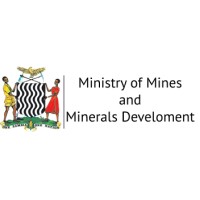
Mines Safety Department
The Mines Safety Department is the regulatory body in Zambia tasked with ensuring safe and healthy working conditions in mining and mineral operations. It enforces safety standards, inspections, and compliance regulations to protect mine workers and communities from occupational and environmental hazards. The department investigates mining accidents, oversees safety training, and works to ensure mines operate under best safety practices. Through its oversight, it aims to reduce mining-related risks and ensure responsible and sustainable mining operations.
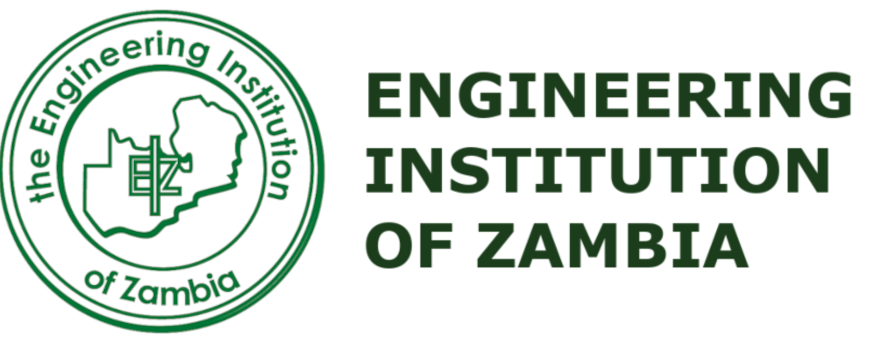
Engineering Institute of Zambia
Website: https://eiz.org.zm/
The Engineering Institute of Zambia is a professional body representing engineers and engineering professionals across Zambia. It promotes standards of engineering practice, professional development, and ethical conduct in the engineering field. The Institute offers certification, continuing education, and a platform for engineers to collaborate on infrastructure, industrial, mining, and technological projects. Its mission is to advance engineering excellence, support national development through technical expertise, and ensure high-quality engineering services in Zambia.
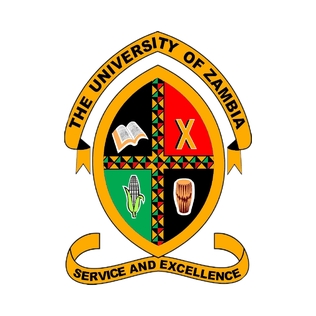
University of Zambia (UNZA)
Website: https://www.unza.zm/
The University of Zambia is the country’s oldest and largest public university, providing higher education across a wide range of disciplines including sciences, engineering, social sciences, humanities, law, medicine, and more. UNZA offers undergraduate and postgraduate programs, supports research and innovation, and plays a key role in training Zambia’s professionals, academics and leaders. Through teaching, research, and community outreach, the university contributes to national development, knowledge creation, and capacity building. It also collaborates with government, industry, and civil society to address Zambia’s development challenges via research and education.
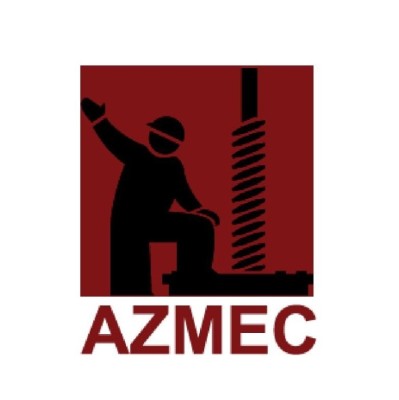
Association of Zambian Mineral Exploration (AZME)
Website: https://azmec.dreamhosters.com/
The Association of Zambian Mineral Exploration represents companies and stakeholders involved in mineral exploration in Zambia. It advocates for policies, regulations, and frameworks that support responsible exploration, investment, and sustainable practices in the mining sector. The association provides a platform for collaboration, information sharing, and industry standards among exploration firms, helping to coordinate efforts and promote transparency. Its objective is to ensure mineral exploration is carried out ethically, safely, and with regard to environmental and community impacts.
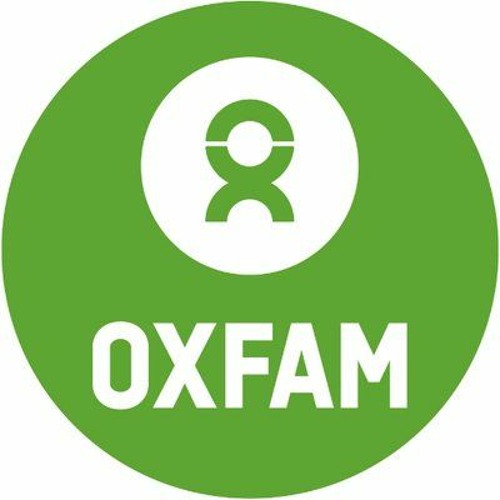
Moderator: Oxfam Zambia
Website: https://www.oxfam.org/
Oxfam Zambia is the national affiliate of the global NGO Oxfam working in Zambia to reduce poverty, enhance social justice and support sustainable development. It implements programs that focus on economic empowerment, gender equality, humanitarian relief, and community resilience — especially for poor and vulnerable populations. Through advocacy, partnerships with local civil society, and community-based initiatives, Oxfam Zambia strives to improve access to basic services, promote equitable resource distribution, and strengthen community capacities. The organization seeks to support inclusive development and help ensure that marginalized groups have a voice in decisions affecting their lives.
